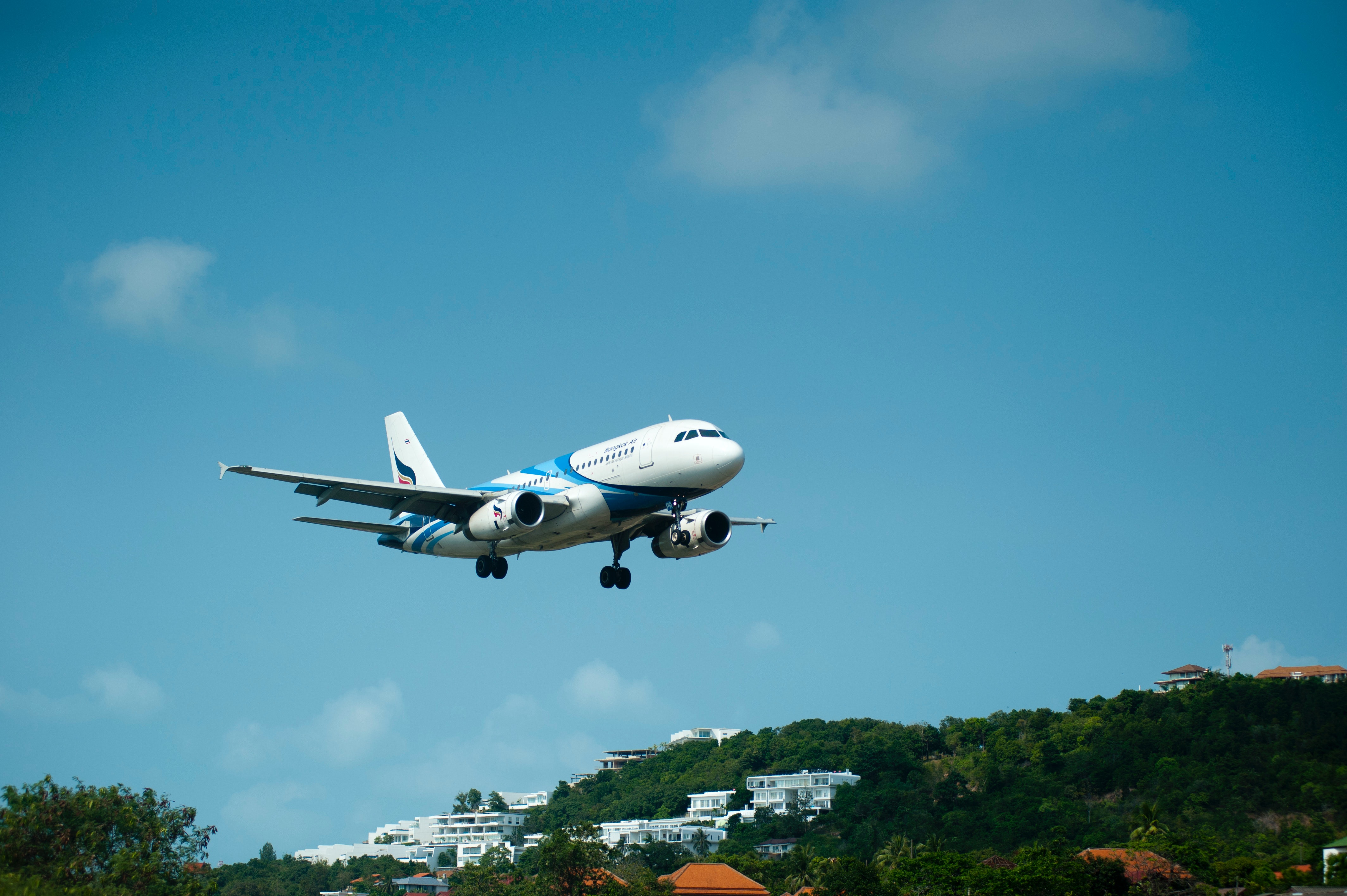Voluntary compensation schemes for consumers

Can consumers with suspicion of unfair commercial practices linked to the voluntary compensation scheme make the aviation sector more sustainable? Does the EU Directive on Unfair Commercial Practices play a role in this?
The aviation sector is working towards more sustainable ways of flying. Consumers can be involved in making this sector more sustainable. Many airlines and separate (non-profit) organisations offer possibilities to contribute to voluntary compensation schemes. Although there are a wide variety of different schemes available, depending on the provider, such schemes can generally be described as ways to compensate for greenhouse gasses caused by the aviation sector. Specifically, the consumer offers a financial contribution towards the scheme to compensate for pollution caused by the (intended) flight. Some airlines give the consumer the option to pay a fixed amount of money. Other airlines and organisations take into account concrete details of the intended flight, for example, the flight duration and the type of aircraft that will be used.
Eventually, the compensation will be accomplished by planting trees, providing families with environmentally-friendly cookpots or using more sustainable kerosine during flights. Although this might seem like a fitting way for consumers to do one’s bit in making the aviation sector more sustainable, it is important to be aware that legal problems can occur for consumers that take part in compensation schemes. European law can protect consumers, specifically the EU Directive on Unfair Commercial Practices.
This EU Directive can apply to unfair commercial practices between businesses and consumers. Article 5 of the Directive states that a commercial practice is considered unfair if it is, firstly, contrary to the requirements of professional diligence. Or secondly, if the economic behaviour of consumers is, or can be distorted by the unfair practice. Different (legal) problems may occur for consumers who take part in compensation schemes. First of all, it is difficult for consumers to verify if the financial contribution will be appropriated for compensation. Besides that, what is the actual effect of the compensation? Luckily, many airlines and separate organisations try to guarantee quality by declaring to be a signatory to a quality code, or by displaying a trust mark. Consumers have to be aware of providers that wrongly claim to partake in the abovementioned quality standards. This is an unfair commercial practice in all circumstances.
Consumers with suspicion of unfair commercial practices linked to the voluntary compensation scheme are advised to inform the provider or the national consumer rights organisation. Eventually, they can start legal proceedings. It may be irrational for consumers to actually initiate legal proceedings for this purpose given the cost-benefit analysis. Therefore, it will be mainly up to the consumer rights groups and public authorities to ensure compliance with the Directive.
Further reading (in Dutch):
A.van den Eshof & C. Cauffman, ‘Consumentenbescherming bij vrijwillige compensatie van de CO2 -uitstoot van vliegreizen’, Tijdschrift voor Consumentenrecht en Handelspraktijken 2021-6, p. 322-328.